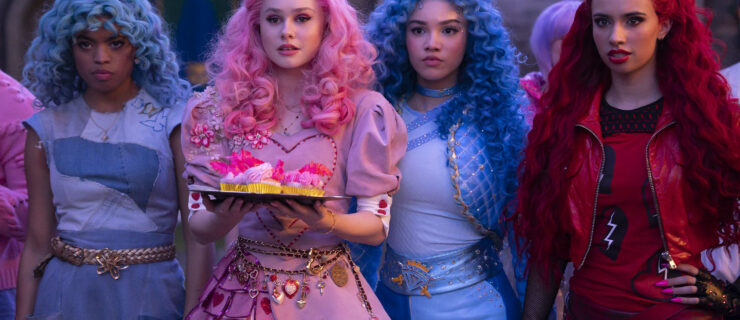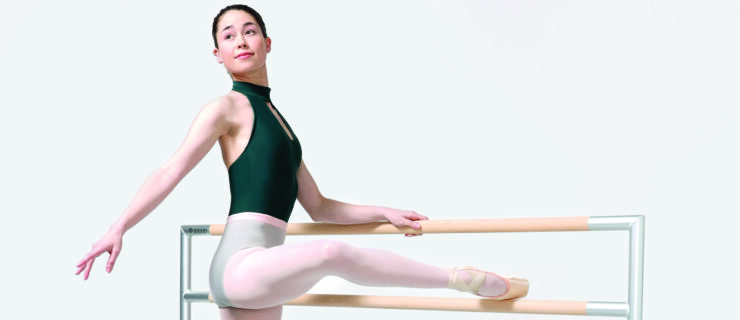B.O.B.* – The Final Cut
In the opening segment of B.O.B.* – The Final Cut, three casually dressed men stand in a row facing us. The first strikes a classical Indian pose; the second verbally describes this pose as best as he can: “Think of squeezing your nipples.” The third, with his back to the others, folds himself into shape according to the description he hears. The results are hilariously off the mark.
There’s never a dull moment in this 55-minute show led by Hong Kong dance artist Dick Wong, who devised its current form after the 2002 premiere in Hong Kong. While its tone and content shifts with the roster of guest performers, it remains a cannily creative process where the choreographer turns critic, showing us a different way to view dance and contesting our expectations.
For its Singapore debut at the Esplanade’s Huayi festival, B.O.B.* featured Hong Kong ballet-maker Yuri Ng and Singaporean dance artist Ricky Sim. With Wong they played the three-person game that begins the piece, switching roles after every few rounds. The game gets harder when the first dancer starts moving in between poses. Sim scurried sideways like a crab, his hands shaking above his head, while listening to Ng’s running account of Wong waving his arms Odette-style and bourréeing on tiptoe. Our flaws in naming movement couldn’t look any funnier than this.
Wong finds dance a complex mode of expression and in B.O.B.*, he frames parts of it for scrutiny, questioning the cultural attitudes that color how we see dance and dancers. In one pointedly droll scene, an offstage rehearsal leader, voiced by British-born theatre director Paul Rae, asks Wong to physically enact different feelings. Then Wong has to perform an eight-part phrase in the manner of Chinese dance. “It’s very feminine,” notes the director afterward. “I’m thinking, Jackie Chan, any manly warrior.” Wong repeats his solo with a manic edge and thumping feet, his youthful face crumpling with manly effort.
By the end, as Wong recounts all that happened from the beginning, we confront our memories in pitch darkness. What stays in the mind is our own mental tango with movement and words.



